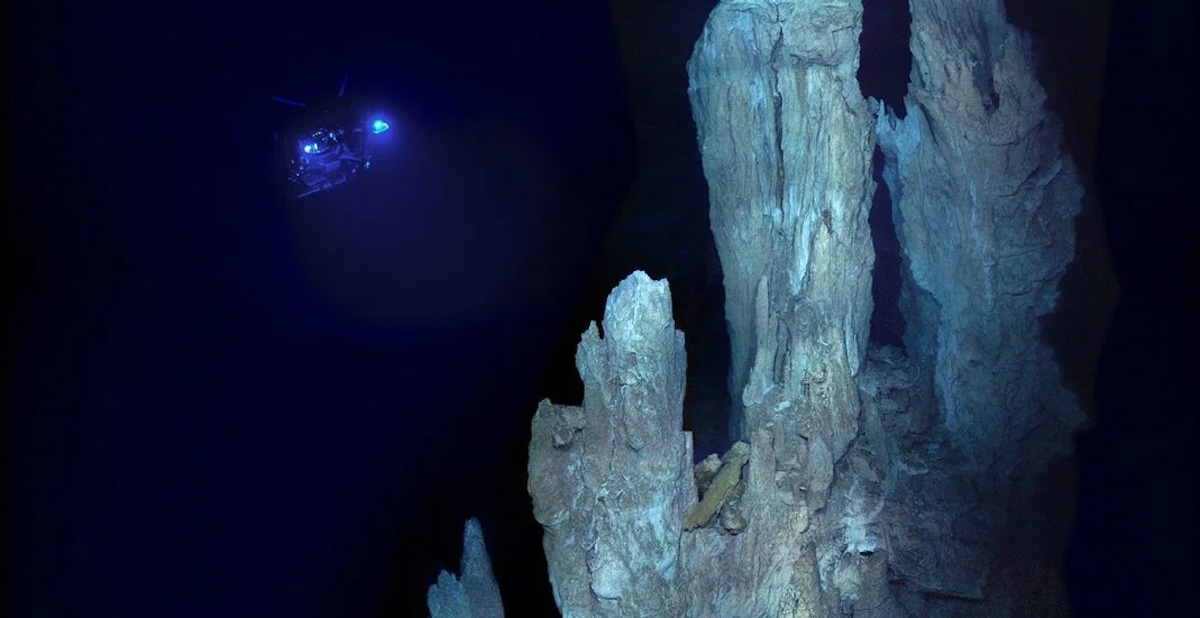Illuminating the Potential Origins of Life: New Research from UC San Diego
In a significant scientific breakthrough, researchers from UC San Diego have shed new light on the intriguing question of life's origins, delving deeper into the mysteries that surround the emergence of life on Earth. This cutting-edge research opens up promising avenues for understanding the fundamental processes that led to the evolution of life as we know it.
The origins of life have long captivated the scientific community, sparking curiosity about how the complex biochemical systems that support life arose from simple organic compounds. The latest research conducted at UC San Diego has contributed crucial insights into this captivating field of study.
Through meticulous laboratory experiments and advanced analytical techniques, the scientists explored the potential pathways through which life may have originated. They focused on investigating prebiotic chemistry—the chemical reactions that took place before the emergence of life—to gain a deeper understanding of the conditions that might have kick-started life on our planet.
By simulating the conditions of early Earth and recreating environments rich in the building blocks of life, the researchers were able to observe the spontaneous formation of complex organic molecules. These molecules are essential for life's processes, such as the replication of genetic material and the catalysis of chemical reactions.
The findings from the UC San Diego study provide compelling evidence that the intricate networks of chemical reactions necessary for life could have emerged under early Earth-like conditions. The experiments revealed the formation of amino acids, the building blocks of proteins, as well as other biologically significant molecules. This breakthrough suggests that the ingredients for life were present and capable of assembling into complex structures even before the existence of genetic material like DNA.
The implications of this research reach beyond our understanding of the origins of life on Earth. They offer valuable insights into the possibility of life's emergence in other environments within our universe, increasing the chances of finding life beyond our planet.
The scientists at UC San Diego are now working to expand their research, investigating different environmental conditions and exploring the role of other key factors in the origin of life. By unraveling the intricate processes that led to the emergence of life, they aim to unlock the secrets of our own existence and gain a deeper understanding of the potential for life elsewhere in the cosmos.
This groundbreaking research from UC San Diego represents a significant step forward in our quest to comprehend the origins of life. By illuminating the complex chemical processes that could have given rise to life on Earth, scientists are piecing together the puzzle of life's beginnings. As our understanding deepens, the profound questions surrounding our existence and the possibility of life beyond our planet are being met with renewed curiosity, leading us closer to unraveling the mysteries of the cosmos.
Source: UCSD Today

Comments
Post a Comment